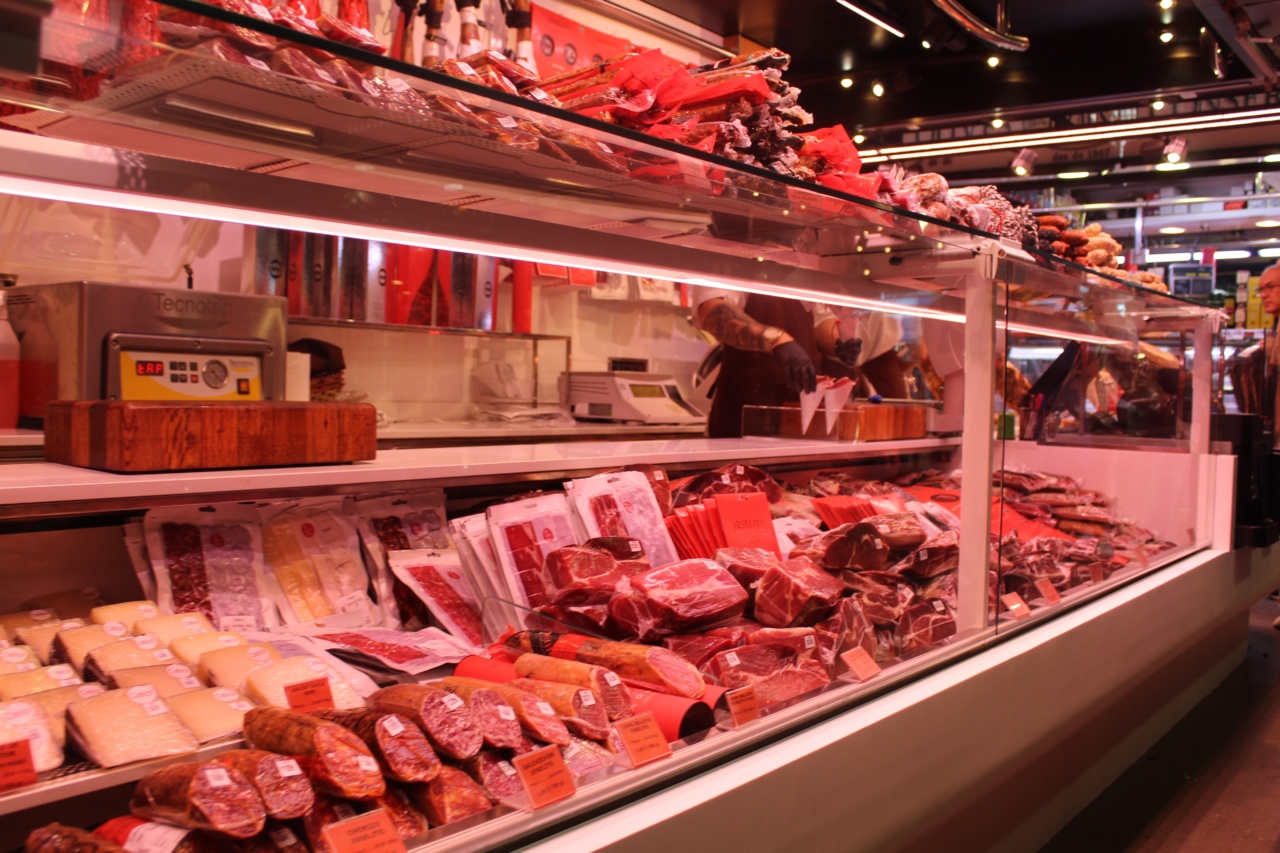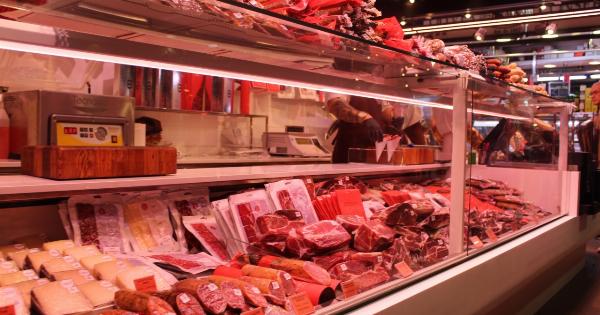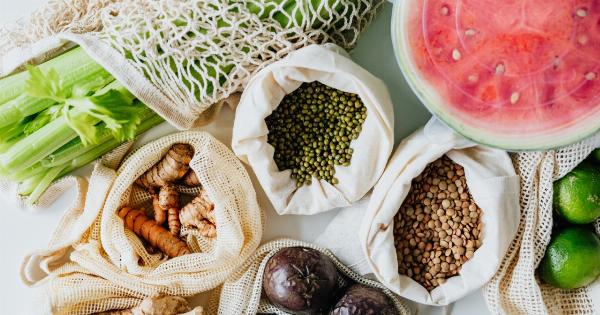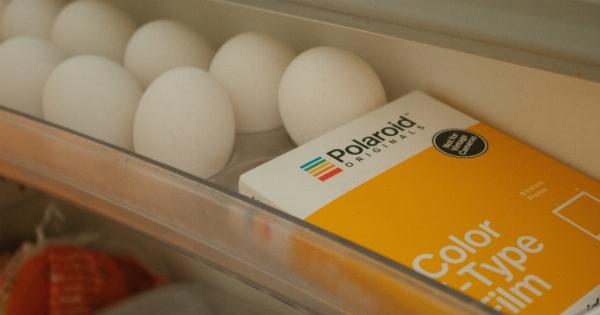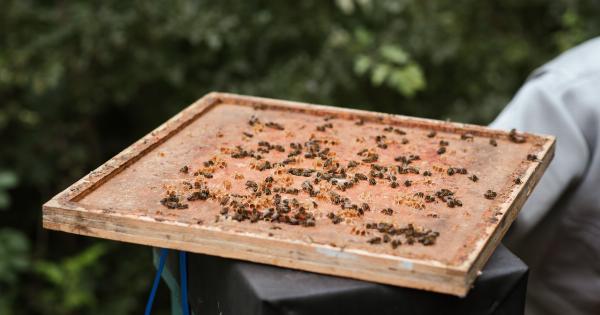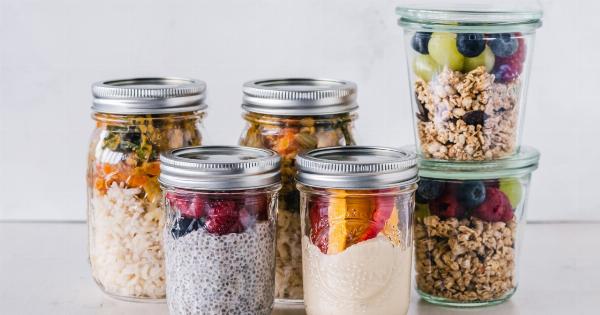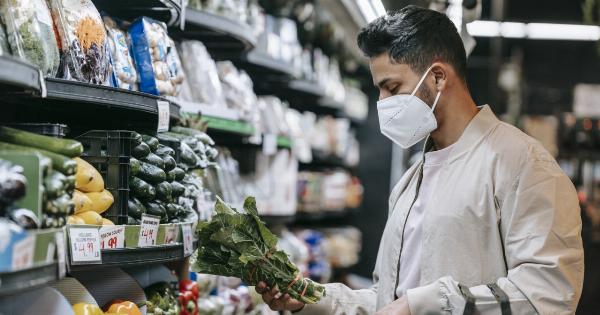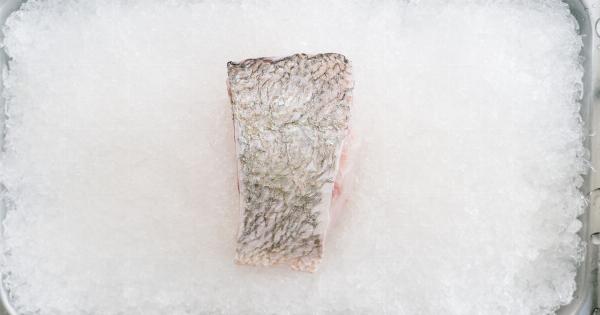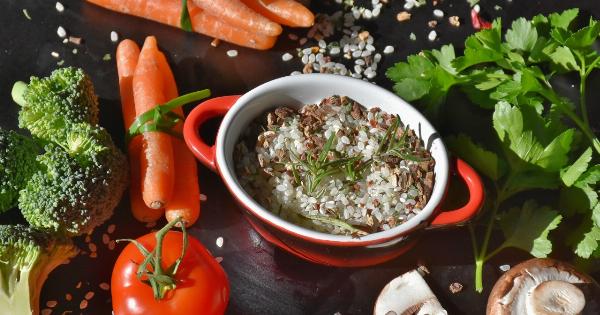The debate between whether to store certain foods in the fridge or freezer is a common one.
While it is clear that both methods can help prolong the shelf life of food, the question remains: which is better? In this article, we will analyze 32 different types of foods to determine the optimal storage method for each.
Fridge vs Freezer: The Pros and Cons
Before we delve into the specific foods, let’s take a look at the advantages and disadvantages of storing food in the fridge and freezer.
The Fridge
The refrigerator is a staple in every kitchen, and it offers several benefits for food storage:.
- Fridge storage helps slow down bacterial growth, keeping food fresh for longer periods.
- Foods can be conveniently accessed and consumed without the need for thawing.
- Refrigerators maintain a temperature above freezing, making it ideal for foods that require cool temperatures but not freezing.
However, there are a few downsides to consider when storing food in the fridge:.
- Foods stored in the fridge may not last as long as those stored in the freezer, resulting in more frequent grocery shopping trips.
- Some foods may lose their texture or quality when refrigerated.
The Freezer
The freezer provides an alternative storage method with its own set of advantages:.
- Frozen foods have a much longer shelf life, as the freezing temperature inhibits bacterial growth.
- It is an excellent way to preserve seasonal produce when it is abundantly available.
- Freezing can help maintain the nutritional value of certain foods.
However, freezer storage also has some drawbacks:.
- Thawing is required before consuming most frozen foods, which can be time-consuming.
- In some cases, the texture of certain foods may be compromised after thawing.
- Freezers are limited in space, so it may not be ideal for storing large quantities of food.
Food Analysis: Fridge vs Freezer
Fruits
1. Apples:.
If you plan to consume apples within a few weeks, storing them in the fridge is sufficient. However, for long-term storage, it is recommended to freeze them. Freezing apples also allows you to use them in baking or smoothies straight from the freezer.
Vegetables
2. Leafy Greens (e.g., spinach, kale):.
Leafy greens are best stored in the fridge, as freezing can result in a wilted texture upon defrosting.
3. Carrots:.
Carrots can be stored in both the fridge and freezer. However, blanching carrots before freezing them helps preserve their texture and flavor.
Meat and Poultry
4. Chicken Breast:.
Raw chicken breast should be stored in the freezer to prevent bacterial growth. If you plan to use it within a couple of days, it can be stored in the fridge.
5. Ground Beef:.
Similar to chicken breast, raw ground beef is best stored in the freezer and thawed before use. If using it within a day or two, it can be safely stored in the fridge.
Seafood
6. Fish:.
Fish is highly perishable, so it is advisable to store it in the freezer if you don’t plan on using it within a day or two. However, for optimal flavor and texture, certain types of fish can be stored in the fridge for a short period.
Dairy Products
7. Milk:.
Milk is typically stored in the fridge to slow down spoilage. Freezing milk can be done, but it may result in changes to the texture, so it is not recommended.
8. Cheese:.
Most cheeses can be stored in the fridge, but some harder cheeses can also be stored in the freezer. It is important to wrap them properly to prevent freezer burn.
Baked Goods
9. Bread:.
Bread is often stored at room temperature or in the fridge, depending on personal preference. Freezing bread can extend its shelf life, but it may lose some quality after thawing.
Canned Foods
10. Canned Soups:.
Canned soups do not require refrigeration or freezing until opened. Once opened, they should be stored in the fridge and consumed within a few days.
Conclusion
When it comes to the fridge versus freezer debate, there is no one-size-fits-all answer. Each food has different storage requirements based on its composition, perishability, and intended use.
By understanding these factors and following the guidelines provided, you can ensure that your food stays fresh and safe for consumption.
